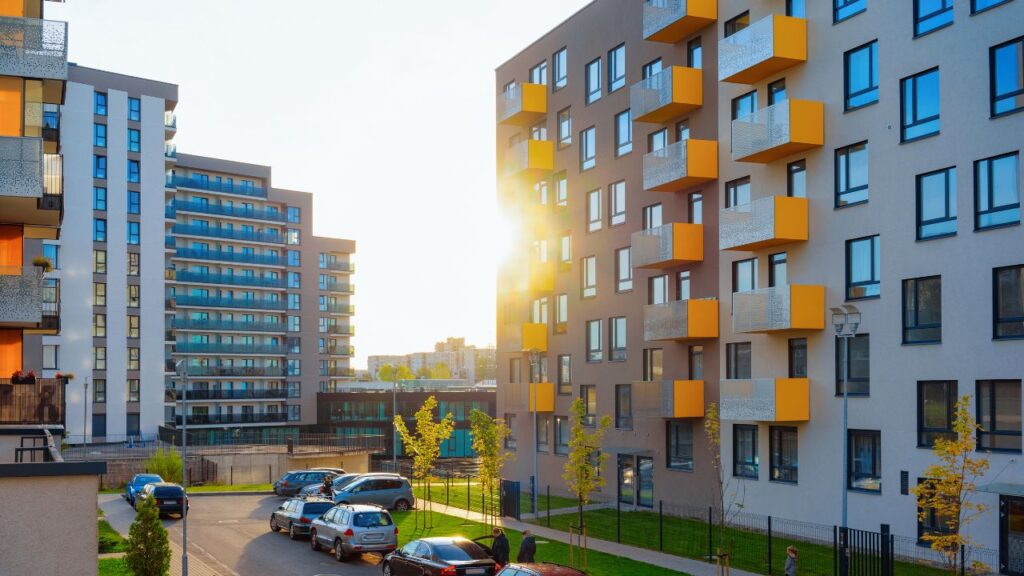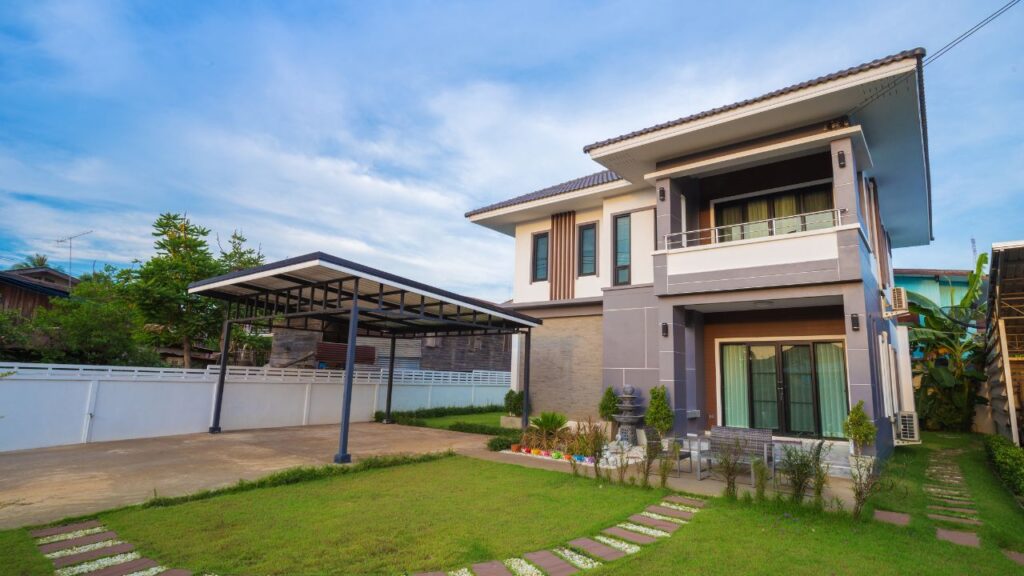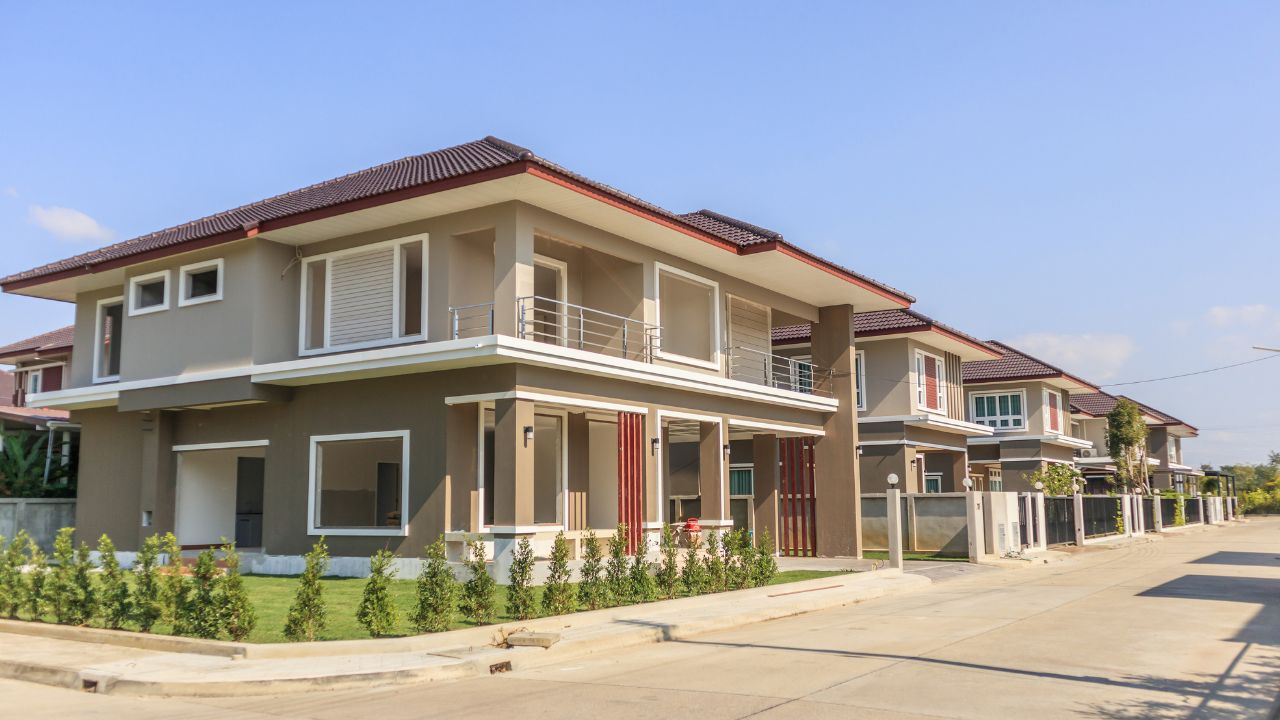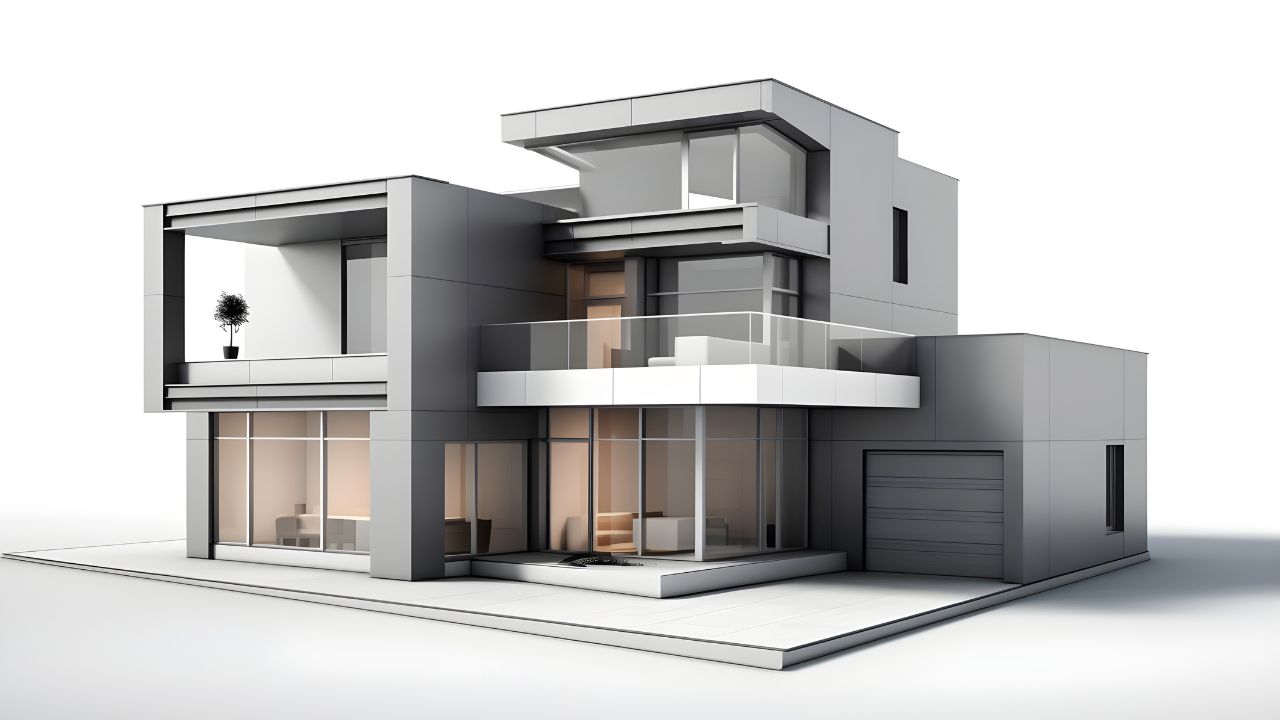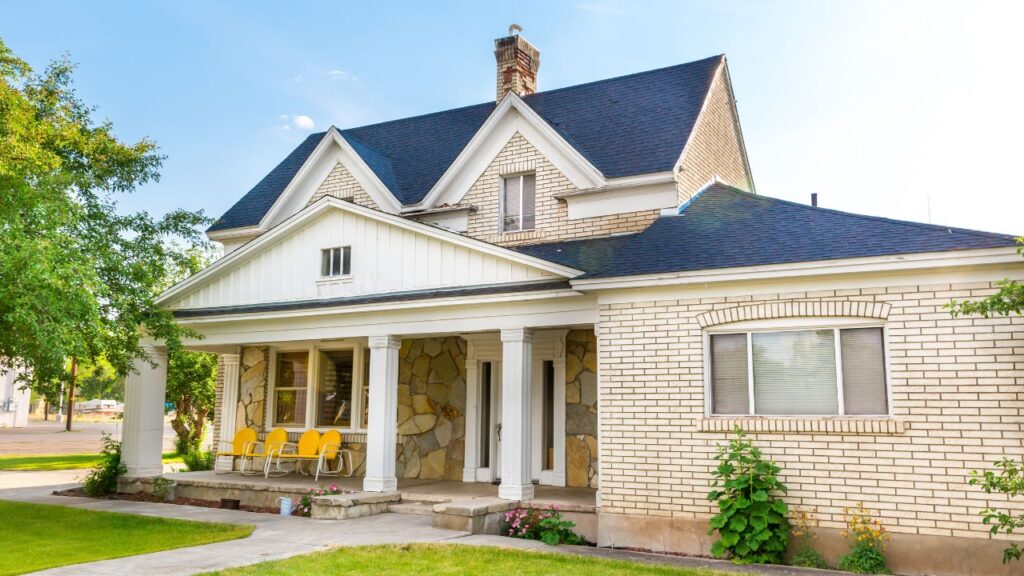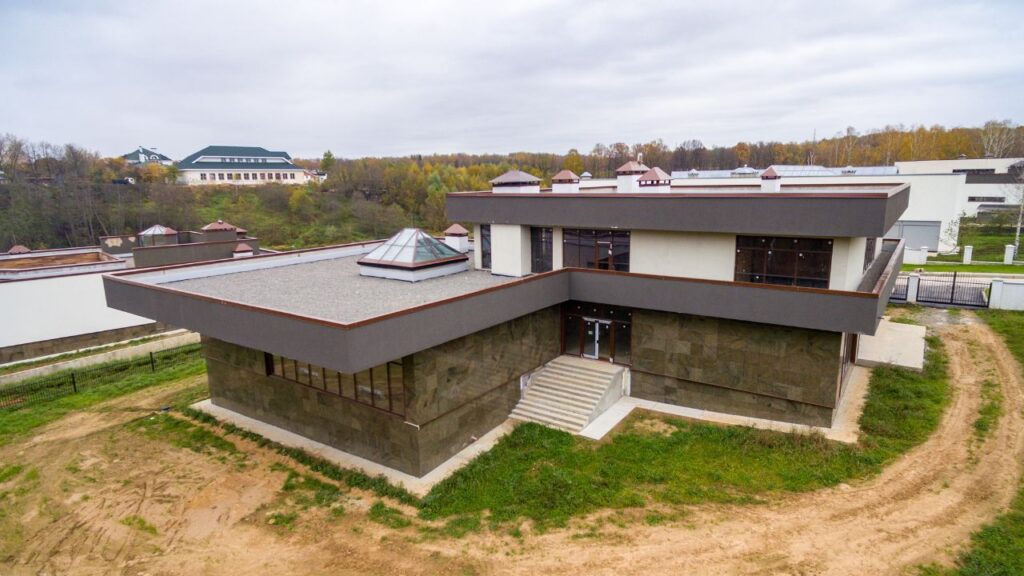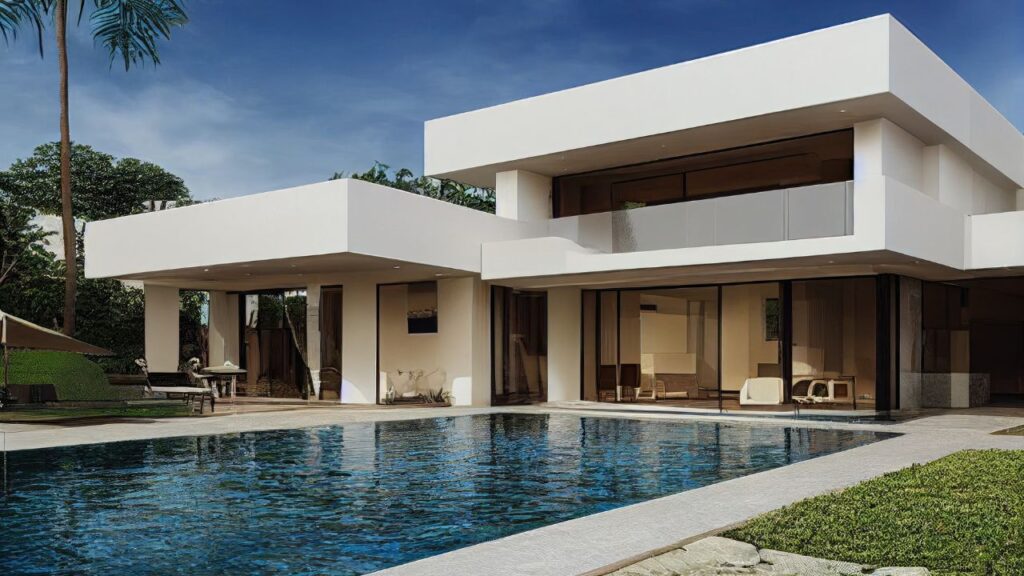Get A Multi Family Building Construction Cost Estimator
According to the most recent cost estimates, multifamily apartment construction currently costs between $84,500 to $109,000 per unit. This estimate uses contractor fees of between $95 and $220 per square foot (psf) to provide a reasonable range between the most and least expensive markets, as the average contractor fee in the U.S. is about $145
